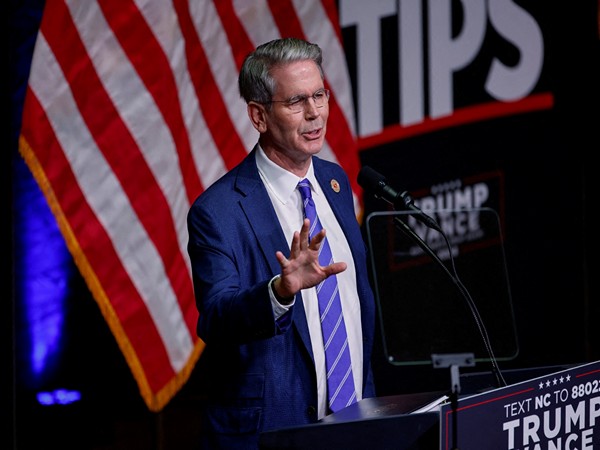US-India Trade Relations: Navigating Tariffs and Diplomacy
Following implementation of 50% US tariffs on Indian goods, Treasury Secretary Scott Bessent expressed hopes for resolving trade tensions. Despite complexities, the strong relationship between leaders Modi and Trump is seen as a foundation for agreement. Tariffs stem from India's Russian oil purchases, with negotiations ongoing.

- Country:
- United States
The recent imposition of a 50% tariff on Indian goods by Washington has echoed across international trade corridors, but US Treasury Secretary Scott Bessent remains hopeful for a resolution. Speaking on Fox Business Network, Bessent emphasized the strength of the relationship between Prime Minister Narendra Modi and President Donald Trump as a pivotal factor in overcoming current economic skirmishes.
Bessent acknowledged the intricacies of the India-US trade dynamics but remained confident in a potential accord, articulating that both nations possess the capacity and reason to reconcile differences. He highlighted the role of the leaders' rapport in paving the way for future agreements, underscoring their discussions as transcending disputes over Russian oil.
The tariffs, which were precedented by a US Customs and Border Protection draft notice, are part of a broader economic strategy following the President's Executive Order on tariffs from India, driven by geopolitical maneuvers including India's Russian oil acquisitions. While acknowledging India's 'performative' negotiation tactics, Bessent noted the US's advantageous position as the deficit country in these trade talks, emphasizing ongoing negotiations and the prospect for early settlement with India.
(With inputs from agencies.)
ALSO READ
Trump's Policy Meeting: A Plan for Peace in Gaza
Rahul Gandhi Accuses Modi Government of 'Vote Theft' Amidst Bihar Yatra
Transforming Connectivity: Modi's Strategic Railway Push
Sandwich Toss: The Unusual Resistance Against Trump's Crime Crackdown
Rahul Gandhi Criticizes Modi's Leadership in Fiery Rally Amid Election Controversies










